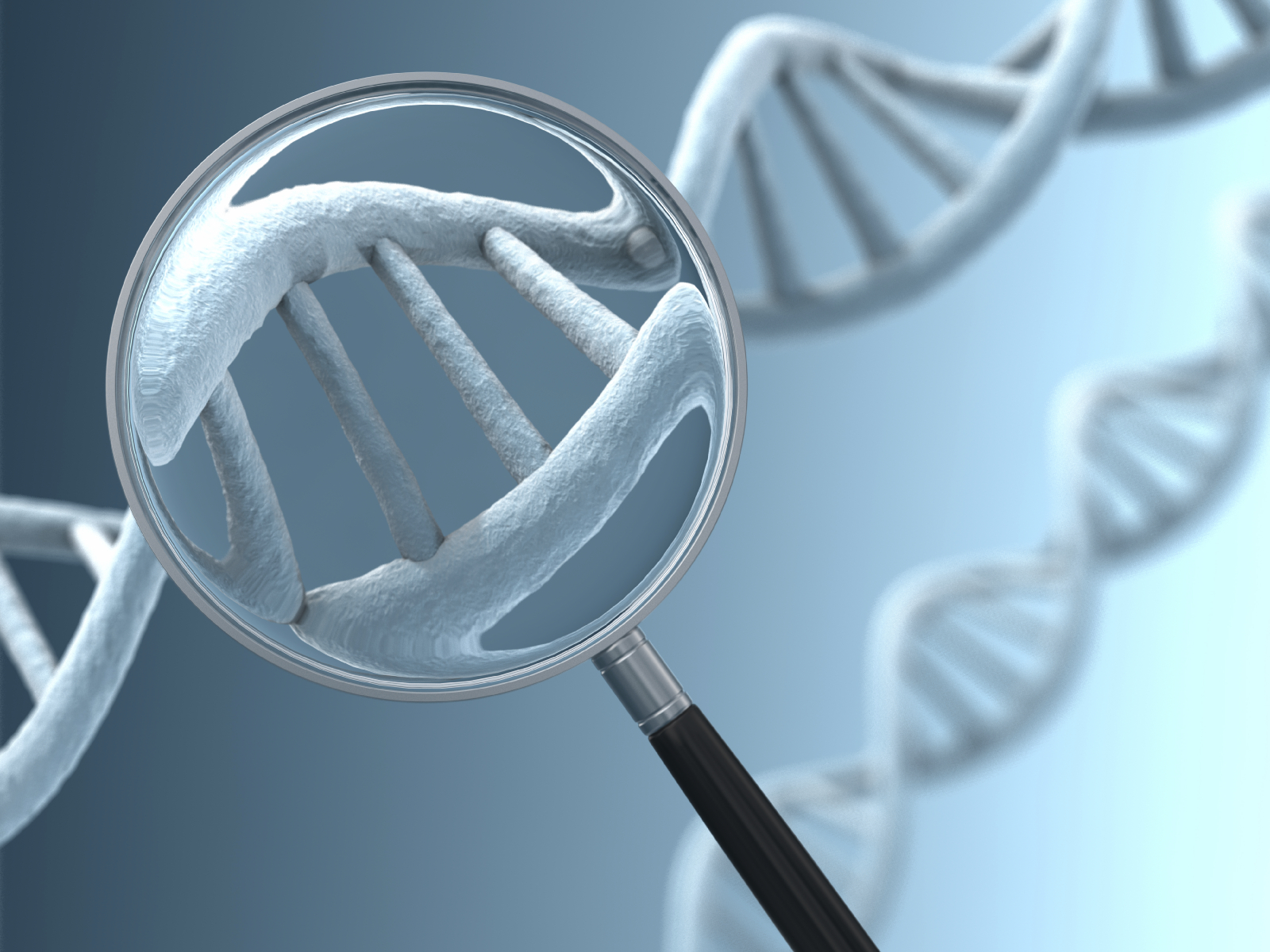In an era where personalized medicine is becoming the norm, genetic testing has emerged as a powerful tool that promises to unlock the mysteries hidden within our DNA. With over 77,000 genetic tests currently available, this revolutionary technology offers unprecedented insights into our health, disease risks, and genetic makeup. But what can genetic testing actually reveal about you, and how reliable are these revelations?
Genetic testing examines your DNA—the chemical database that carries instructions for your body’s functions—to identify changes or mutations that may cause illness or increase disease risk. From confirming suspected diagnoses to predicting future health conditions, genetic testing has transformed how we approach healthcare. However, understanding what these tests can and cannot tell you is crucial for making informed decisions about your health and future.
Types of Genetic Testing and Their Capabilities
Diagnostic Testing
Diagnostic genetic testing serves as a confirmation tool when you already exhibit symptoms of a suspected genetic condition. These tests are highly accurate, with over 99% accuracy rates for single-gene disorders like Huntington’s disease or cystic fibrosis. If you’re experiencing unexplained symptoms that could stem from genetic causes, diagnostic testing can provide definitive answers and guide treatment decisions.
Predictive and Presymptomatic Testing
This type of testing reveals whether you carry genetic mutations that increase your risk of developing certain diseases in the future. Predictive testing is particularly valuable for individuals with family histories of genetic conditions. For example, BRCA1 and BRCA2 gene testing can identify elevated breast and ovarian cancer risks with over 99% accuracy.
Carrier Testing
Carrier testing determines whether you carry genetic mutations that could be passed to your children. This is especially important for couples planning families, as it can reveal risks for conditions like sickle cell anemia, cystic fibrosis, or Tay-Sachs disease. Expanded carrier screening can detect genes associated with numerous genetic diseases simultaneously.
Pharmacogenetic Testing
This specialized testing analyzes how your genes affect your response to medications. Pharmacogenetic testing can help healthcare providers determine the most effective medications and dosages for your unique genetic profile, potentially reducing adverse reactions and improving treatment outcomes.
What Genetic Testing Can Reveal

Disease Risk Assessment
Genetic testing can identify your susceptibility to various conditions, including:
-
Single-gene disorders: Huntington’s disease, cystic fibrosis, sickle cell disease
-
Cancer predisposition: BRCA mutations for breast/ovarian cancer
-
Complex diseases: Heart disease, diabetes, Alzheimer’s disease (through polygenic risk scores)
-
Chromosomal conditions: Down syndrome, Turner syndrome
Treatment Guidance
Beyond risk assessment, genetic testing can inform treatment decisions. For cancer patients, genetic profiling may guide targeted therapy choices. Additionally, pharmacogenetic information helps optimize medication selection and dosing.
Family Planning Information
Prenatal genetic testing can detect chromosomal abnormalities like Down syndrome with over 99% accuracy. This information helps expectant parents make informed decisions about pregnancy management and prepare for potential medical needs.
Limitations and Accuracy Considerations
Understanding Test Accuracy
Genetic test accuracy is measured through three key metrics:
-
Analytical validity: The test’s ability to correctly identify genetic variants (usually >99%)
-
Clinical validity: Whether the identified variant actually causes disease
-
Clinical utility: How useful the results are for medical decision-making
Important Limitations
While genetic testing is powerful, it has significant limitations:
-
Positive results don’t guarantee disease development: Having a BRCA mutation increases cancer risk but doesn’t ensure you’ll develop cancer
-
Negative results aren’t absolute protection: Tests may miss some mutations or variants
-
Complex diseases involve multiple factors: Environmental and lifestyle factors significantly influence disease development.
-
Incomplete understanding: Scientists don’t fully understand all genetic variants and their implications
Benefits and Risks of Genetic Testing
Key Benefits
-
Early detection and prevention: Enables proactive health monitoring and preventive measures.
-
Informed medical decisions: Guides treatment choices and screening schedules
-
Family planning guidance: Helps assess risks for future children
-
Peace of mind: Can provide relief from uncertainty about genetic risks
-
Personalized healthcare: Enables tailored medical approaches based on genetic profile
Potential Risks
-
Psychological impact: Results may cause anxiety, stress, or depression
-
Family relationship strain: Genetic information can affect family dynamics
-
Insurance and employment concerns: Potential genetic discrimination issues
-
Inconclusive results: Some tests may return uncertain or unclear findings
Making Informed Decisions About Genetic Testing
Before pursuing genetic testing, consider consulting with a genetic counselor who can help you understand the benefits, limitations, and implications of testing. They can guide you in selecting appropriate tests and interpreting results within the context of your personal and family medical history.
Genetic testing represents a remarkable advancement in personalized medicine, offering valuable insights into our genetic makeup and health risks. While these tests can provide crucial information for medical decision-making, understanding their limitations is essential. The key lies in approaching genetic testing as one tool among many in your healthcare toolkit, always in consultation with qualified healthcare professionals who can help you navigate the complex world of genetic information.

